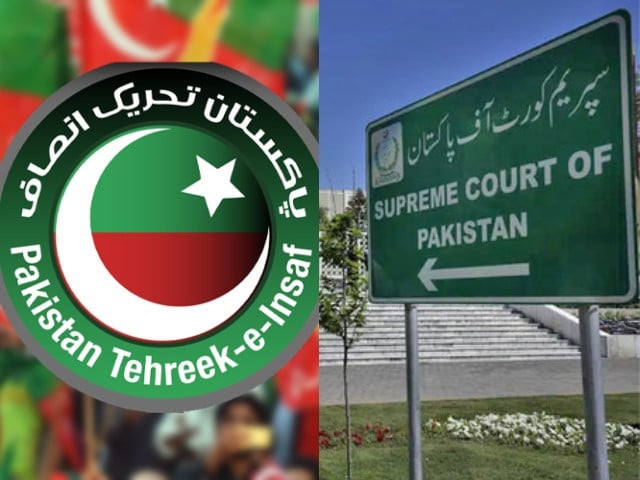
Pakistan Tehreek-e-Insaf (PTI) has once again approached the Supreme Court, filing a petition regarding the allocation of reserved seats.
PTI's lawyer, Uzair Bhandari, submitted the petition, arguing that the amendment to the Election Act does not apply to the Supreme Court's decision on 12 July and that the Election Commission is bound to implement that decision.
PTI's petition seeks a declaration from the court, stating that the Speaker of the National Assembly’s letter regarding the 12 July decision holds no legal value. Additionally, PTI requests that the Election Commission reject the Speaker's letter and halt the distribution of reserved seats to other political parties.
The party has called on the Supreme Court to ensure the Election Commission complies with the 12 July ruling and blocks the allocation of these seats to other political entities.
Previously, speaker Sardar Ayaz Ayaz Sadiq issued a forceful letter to the Election Commission of Pakistan (ECP) on Thursday, urging it to respect parliamentary sovereignty in the allocation of reserved seats to the Pakistan Tehreek-e-Insaf (PTI).
The letter comes on the heels of a Supreme Court judgment that had ruled that independent candidates, after winning elections, could join political parties and alter their political allegiance followed up by a note released by eight SC judges directing ECP to implement the judgment at the earliest.
On July 12, the Supreme Court declared PTI a parliamentary party and held that PTI was eligible to get reserved seats that were earlier distributed among other parties in the national and provincial assemblies.
However, in response, parliament passed the Elections (Second Amendment) Act, 2024, which imposes new restrictions on party-switching by independent candidates and overrides the Supreme Court’s ruling.
Through his letter, the speaker pointed out that parliament passed an amendment to the election law, saying it prohibits independent candidates who join a party post-election from switching their affiliation.
The speaker has emphasised that the recent amendments to the elections act must be applied when the ECP allocates these contested seats, highlighting that the judgment was rendered before the new law was passed and thus become outdated in light of the legislative changes.
Ayaz Sadiq while referring to the Supreme Court’s July 12 judgment, which allowed independent candidates to switch political parties after already aligning with one, explicitly cited the provisions of the newly enacted Elections (Second Amendment) Act, 2024, which now makes such party-switching irrevocable.
The letter further cited Section 66 of the Amended Election Act, which stipulates that a candidate must declare their political party affiliation before the Returning Officer during the election process. If such a declaration is not made, the candidate will be considered independent. Section 104-A of the same Act declares that any affiliation given by an independent candidate to a political party is “irrevocable and cannot be substituted or withdrawn.”
What is SIC reserved seats case?
The case pertains to the Sunni Ittehad Council’s (SIC) plea challenging the Peshawar High Court's (PHC) decision, which upheld the Election Commission of Pakistan's (ECP) move to deny reserved seats in the assemblies to PTI-backed lawmakers.
The issue of reserved seats arose following the February 8 elections, where over 80 independent candidates, backed by Pakistan Tehreek-e-Insaf (PTI), emerged victorious and later joined the SIC.
These candidates sought to claim seats reserved for minorities and women. However, the Election Commission of Pakistan (ECP) rejected this allocation, citing the SIC's failure to submit its list of candidates.
In response, the SIC approached the Peshawar High Court (PHC), which upheld the ECP's decision. Dissatisfied with this outcome, the SIC escalated the matter to the Supreme Court, seeking to overturn the PHC ruling and secure 67 reserved seats for women and 11 for minorities.
The allocation of these reserved seats is crucial as it significantly impacts the composition of the opposition benches. The PTI-backed SIC candidates lost 77 reserved seats in the National Assembly and provincial assemblies due to the PHC's verdict.
The PHC ruling allowed the ruling coalition, comprising the Pakistan Muslim League-Nawaz (PML-N), Pakistan Peoples Party (PPP), and other allies, to gain a two-thirds majority in the National Assembly. This decision increased the PML-N's seats to 123 and the PPP's to 73, while the SIC held 82 seats.


1732003896-0/Zendaya-(1)1732003896-0-165x106.webp)
1731914690-0/trump-(26)1731914690-0-165x106.webp)
1732003946-0/BeFunky-collage-(70)1732003946-0-165x106.webp)
1732000275-0/Untitled-design-(9)1732000275-0-270x192.webp)


1732002687-0/Untitled-design-(11)1732002687-0-270x192.webp)

1732000005-0/Express-Tribune-(2)1732000005-0-270x192.webp)
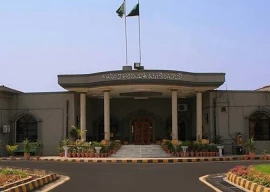

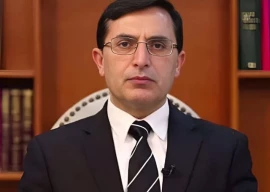
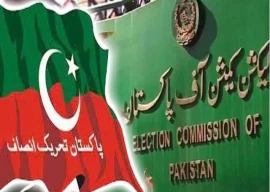
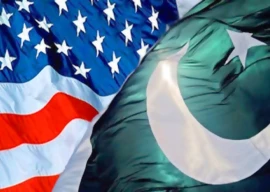
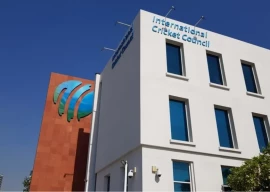

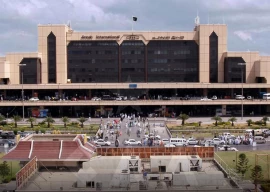

1731749026-0/Copy-of-Untitled-(3)1731749026-0-270x192.webp)






COMMENTS
Comments are moderated and generally will be posted if they are on-topic and not abusive.
For more information, please see our Comments FAQ